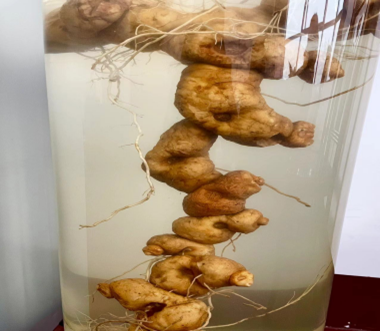Xinhuang Polygonatum (Huang Jing), also known as Shan Jiang, Ma Guai Tang, and Yang Guai Tang, belongs to the genus Polygonatum. Its rhizomes grow horizontally, cylindrical in shape, with enlarged nodules and thickened internodes. The leaves are whorled and sessile. As both a medicinal and edible plant, it possesses the functions of tonifying Qi, nourishing Yin, strengthening spleen, moistening lung, and benefiting kidney.
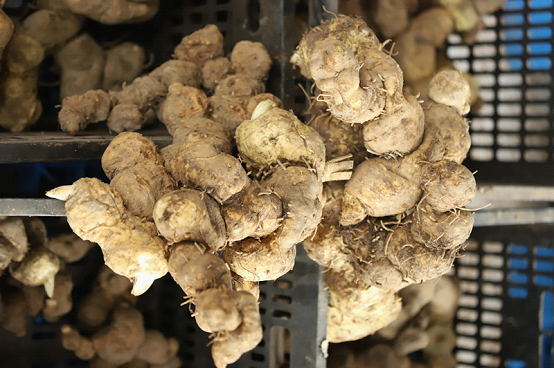
The edible part of Polygonatum is the fleshy rhizome. Traditionally, Polygonatum is commonly used as a tonic to calm the five viscera, strengthen spleen and stomach, moisten heart and lung, and reinforce muscle and bone. It is also reputed to promote longevity and lighten the body when taken over a long period. In Records of the Investigations of Things by Zhang Hua of the Western Jin Dynasty (265-316), it is recorded: The Yellow Emperor asked Tian Lao, “Is there anything produced by heaven and earth that can be eaten and makes people immortal?” Tian Lao replied: “There is a herb of the sun called Huang Jing; eating it can prolong life.” Compendium of Materia Medica states: Huang Jing nourishes all deficiencies, replenishes essence and marrow, balances Qi and blood and moistens dryness. According to The Classic of Divine Mushrooms and Immortal Herbs, Huang Jing has the function to “benefit Qi, harmonize the five viscera, fill the muscles, strengthen marrow and bones, double one’s strength, maintain youthfulness for many years, brighten color, darken whitening hair, and regenerate teeth.”
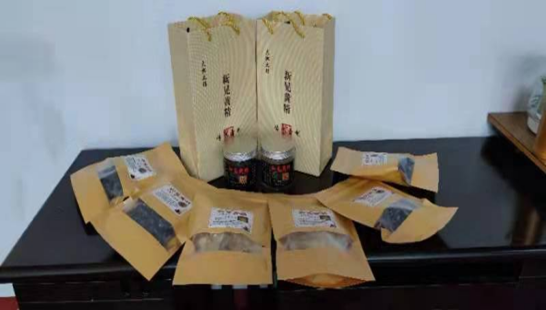
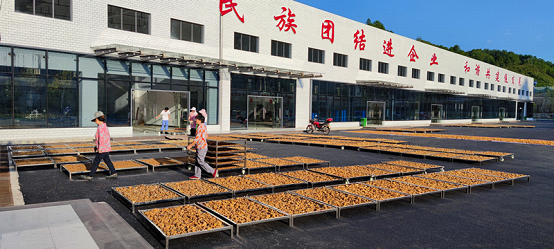
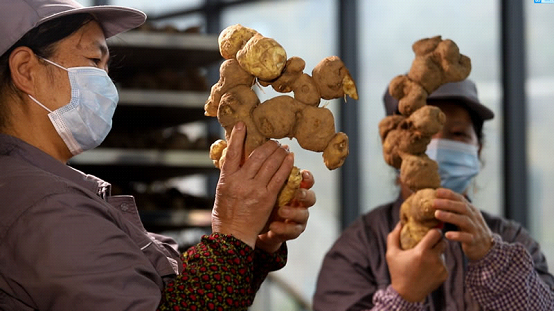
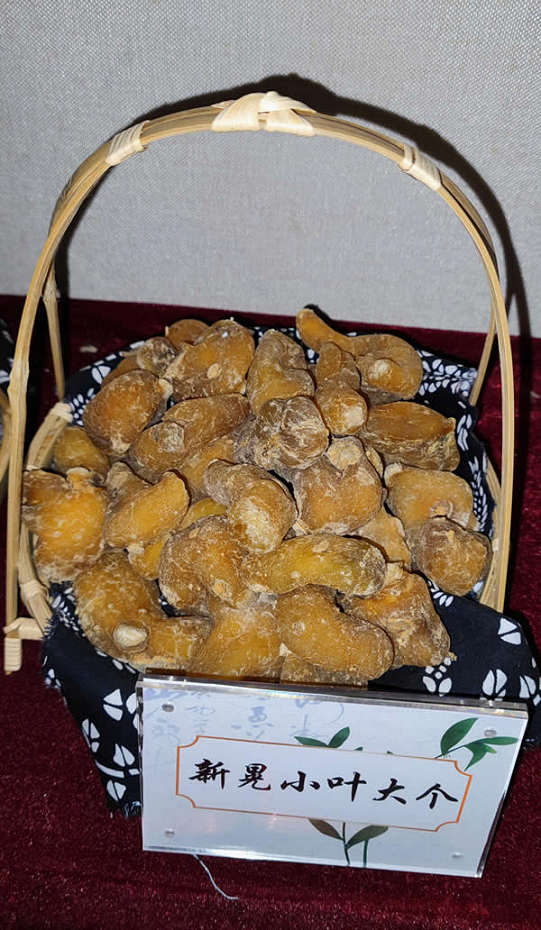
Stewed Duck with Huang Jing
Ingredients: 100g Huang Jing, duck, appropriate amounts of cooking wine, salt, MSG, sugar, chopped scallions, and sliced ginger.
Preparation: Clean and cut Huang Jing into sections. Slaughter and pluck the duck, remove internal organs and claws, blanch briefly in boiling water to remove blood, then rinse clean. Place the duck, Huang Jing, and water in a pot, add cooking wine, salt, MSG, sugar, scallions, and ginger. Bring to a boil over high heat, then simmer on low heat until the duck is tender. Serve immediately.
This dish nourishes Qi, moistens lung, and tonifies kidney. It is suitable for conditions such as fatigue, weakness and emaciation, poor appetite, pulmonary tuberculosis with hemoptysis, muscle and bone weakness, and rheumatic pain.
Longevity Wine
Ingredients: 100g Huang Jing, 1.5kg rice wine, and appropriate amount of brown sugar.
Preparation: Rinse and slice Huang Jing, then combine with rice wine and brown sugar in a wine pot. Simmer until the wine boils and the sugar dissolves completely, stirring occasionally.
This wine is suitable for middle-aged and elderly people suffering from premature graying of hair, blurred vision, rheumatic conditions, numbness in limbs, and soreness or weakness in the lower back and knees.
(Translated by Yang Hong)
